Menstrual Cups and Toxic Shock Syndrome
Any internally worn device in the vagina can have the bacteria on it that is linked to Toxic Shock Syndrome - this includes
- tampons
- menstrual cups
- diaphragms.
For the vast majority of users, this bacteria does not cause any problems. About 80 percent of people are thought to be immune to it.
Unfortunately, people who have suffered Toxic Shock Syndrom before are at high risk of responding to the bacteria again.
Therefore, the FDA requires a warning to be included in the packaging of the above devices, regardless of brand or material. People who have had TSS in the past should not use internally worn menstrual products.
Although all of this information is familiar, a recent study from France has drawn new attention to this vital subject.
You can read a summary of the Lina study in this Consumer Report article
As previously known, good hygiene is essential in preventing infection. This includes washing your hands before inserting or removing the cup.
To achieve FDA clearance, MeLuna USA had the cleaning routine of the cups tested in a third-party lab in California.
Based on these lab results, our guidelines for cleaning the cups with Cetaphil and disinfecting them by boiling them are adequate.
We do NOT recommend the use of alcohol wipes. Recent studies have shown that alcohol increases the biofilm formation of Staph bacteria, the bacteria associated with TSS.
The extremely low incidence of known TSS cases in cup users supports this notion.
The French study cautions that disinfection after each use is safer. However, that is only practical if you have more than one cup. Consumers who want to follow Lina's guidelines can use our automatic multi-cup discount. This would allow users to disinfect all four cups once daily and switch to a new, disinfected cup every six hours.
Again, this is for users wishing to follow this routine.
Our initial instructions of washing hands, cleaning with Cetaphil every 8 hours, and disinfecting before and after each cycle have worked well for us in the last ten years. This routine is still a standard cleared with the FDA. You are welcome to continue using it if it suits your needs.
As one of the few menstrual cup manufacturers that produces cups made from thermoplastic elastomer (TPE), one of the most exciting findings in this study was that the bacteria associated with TSS clings much more to silicone cups than to TPE. This is an essential advantage of TPE cups over cups made from silicone. MeLuna menstrual cups are made with the safer TPE material. Good hygiene is still crucial.
Related Posts:




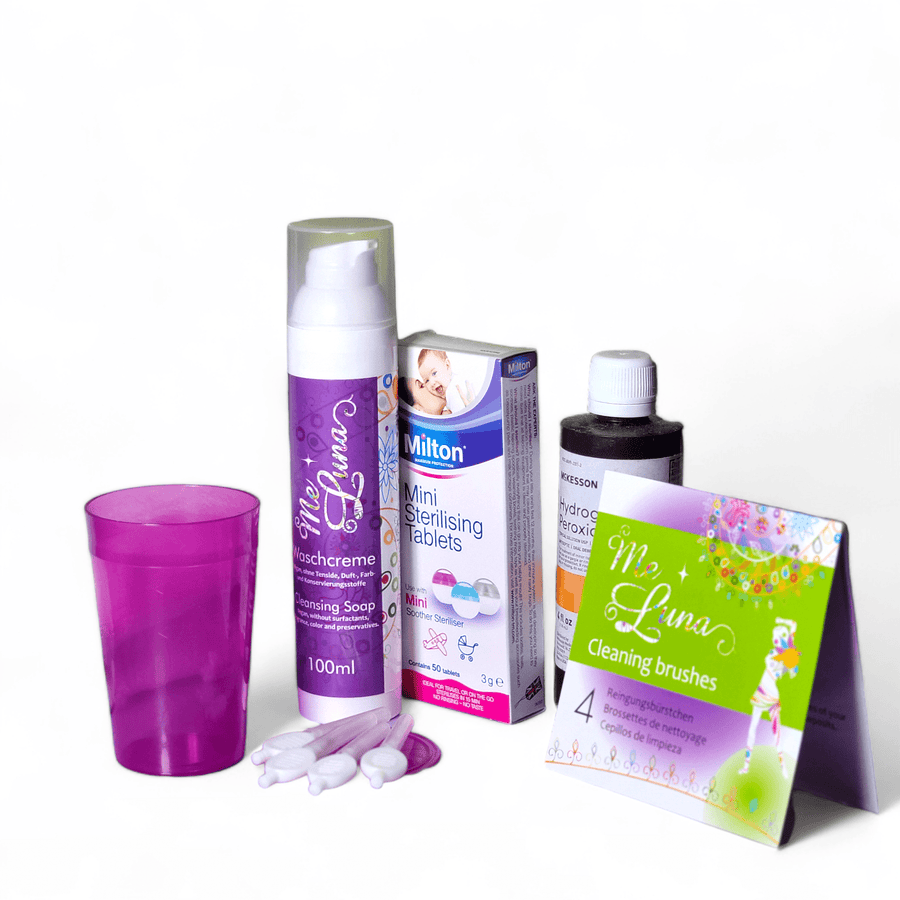

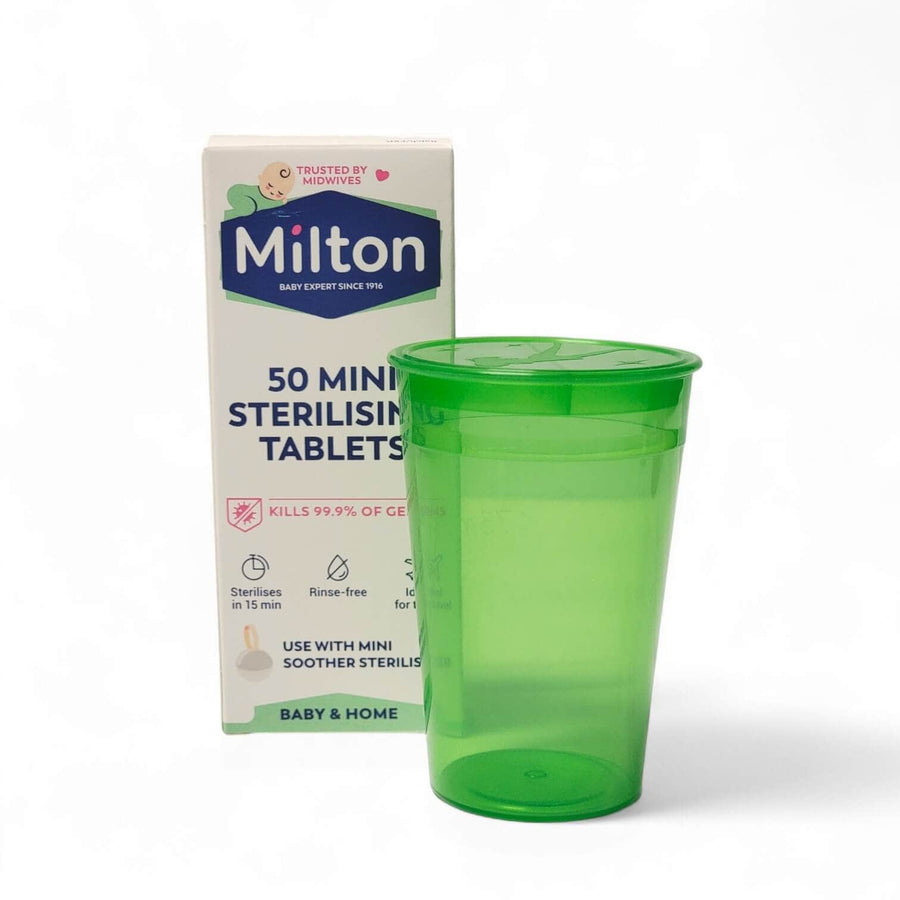
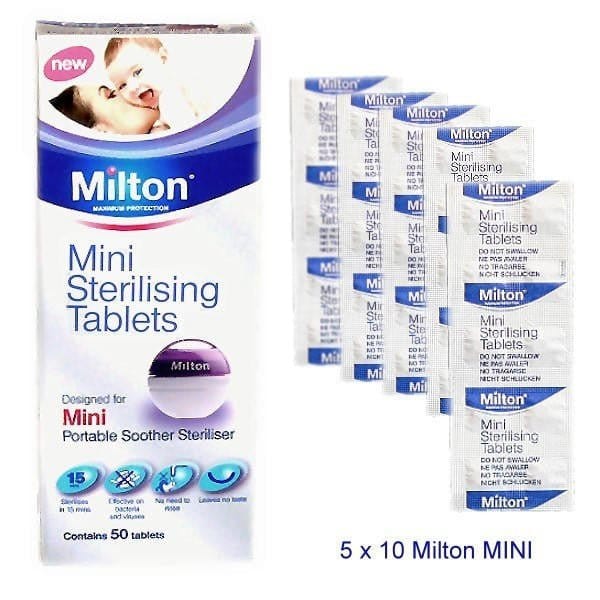

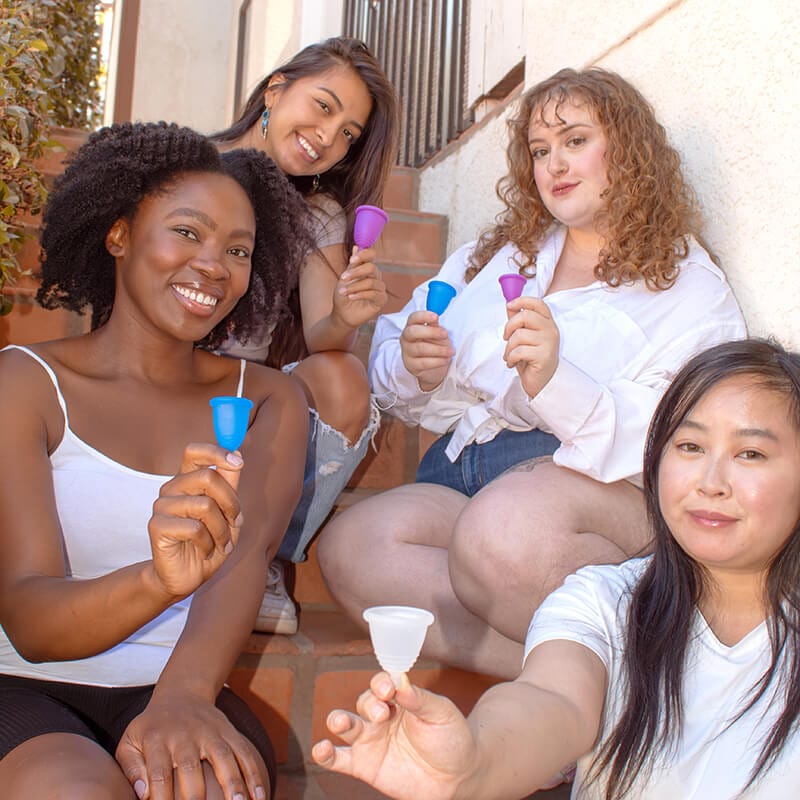

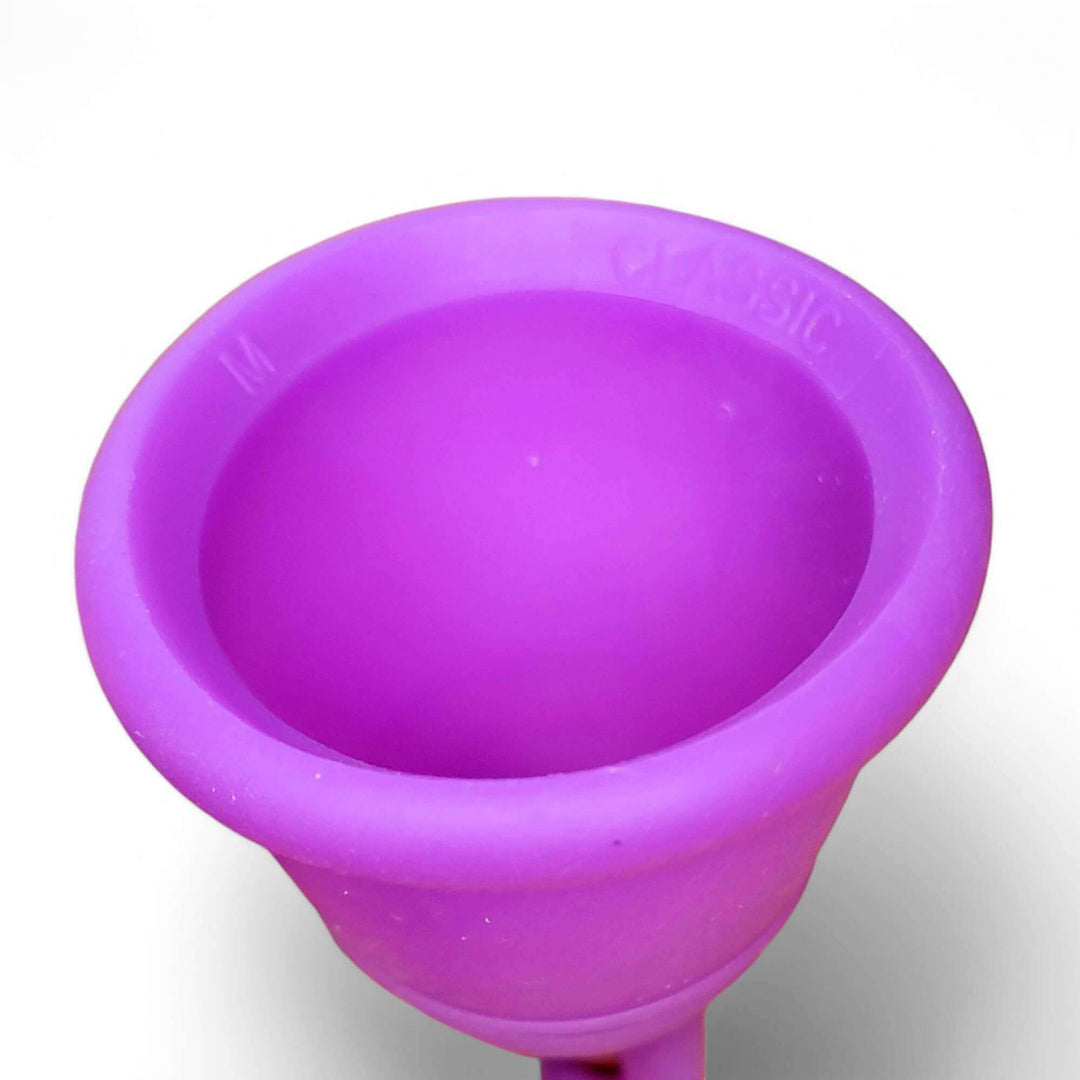

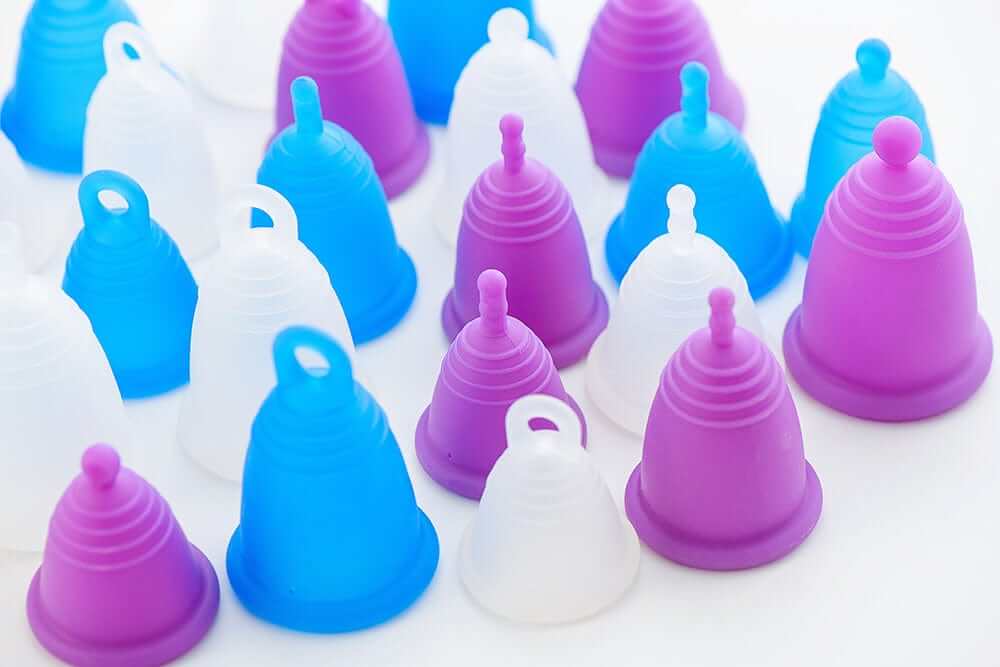
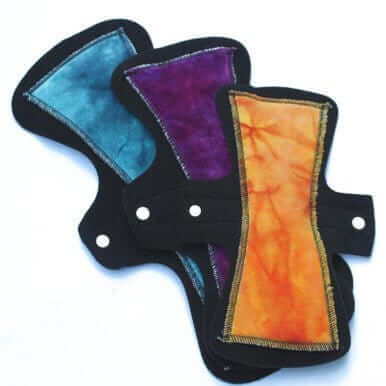
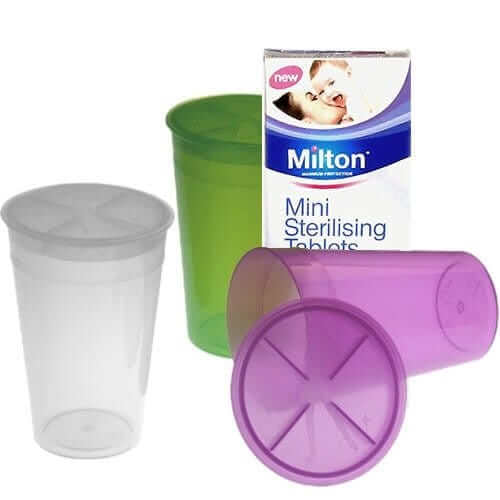





Leave a comment